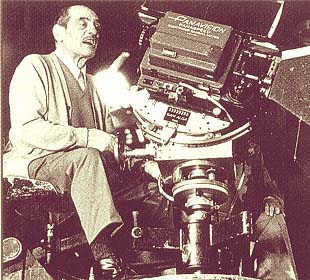Mar
25
What I noticed most about this film, and perhaps one of the few things which I didn’t like about it, was the cinematography in the sense of its colour. I know there must be a division of which kind of formula was used in each setting etc, but it was still rather strange.
In sticking to Mexican representation though, I really did think it did a good job. The character of the general was done very well as he hid his corruption behind a “humanitarian” heart. Like the corruption one sees so rampant in South America, Salazar is able to fool everyone into thinking he is a good cop working for the good of the people. In connection with this character, I also notice that the people of Mexico nonetheless revere him even after he has been exposed as a criminal. This shows to me the respect people of developing countries have for anyone in power, just as long as it may positively reflect on them aswell. Example would be the guards allowing for his suicide.
Benicio Del Toro’s character, even though only one of the multiple strains of discourse, had the gfreatest impact on me. He showed a man who by his own means alone is trying to better his country, and when he tries to overreach his abilities by working with Salazar, he is quick to realize that he must go back to his true profession as police officer, rather than a fraudulent “man of the people”. I think in the end his character and that of the african american cop are the winners of the conflicting action, but yet I find that del Toro’s character shows that Mexico is more inclined to cfight the war on drugs. It seems that the drug problem goes much depper and is much more hidden in the American side of the border.
